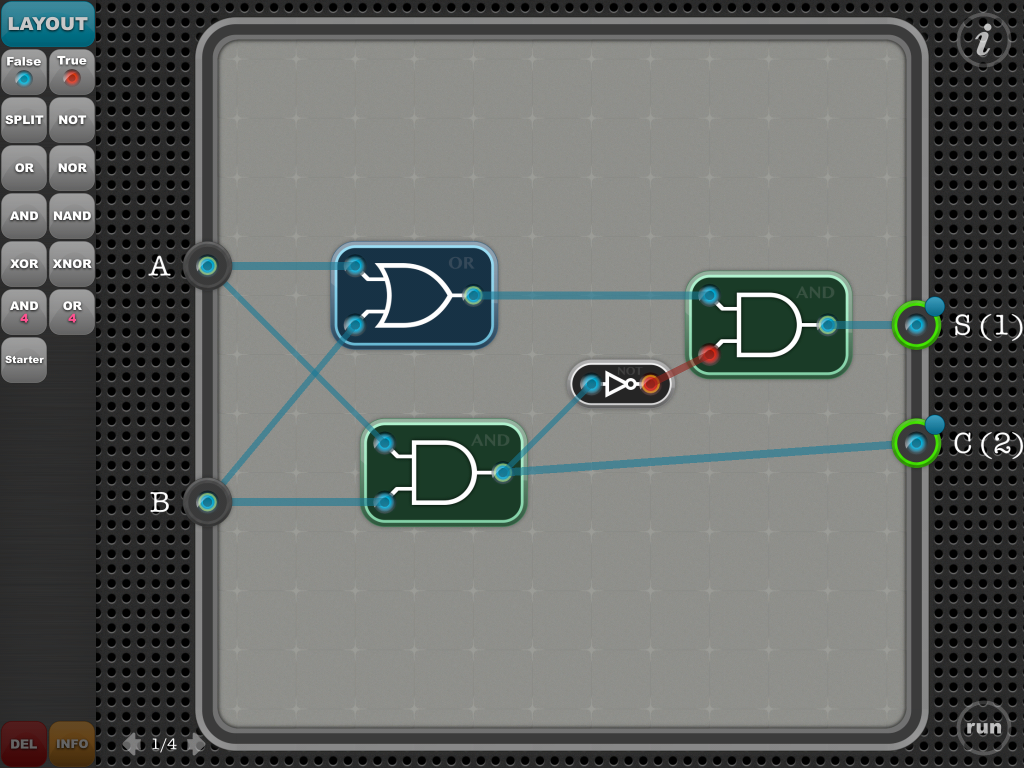I recently read Amanda Palmer’s The Art of Asking. It was a good book but I feel like I should be able to use the information instead of be vaguely amused, somewhat uncomfortable with the anecdotes.
Once again, I started a blog post with a plan and then totally lost the thread by the second sentence. Writing is hard. This blog is where I practice-write. I know it is public so it isn’t my absolute worst attempts (the drafts area is a scary place) but it isn’t an attempt to be professional.
On the other hand, Chris and I have been trying to be professional with writing for Element 14. We have a blog called The Linker that is loosely related to the people was talk to on the Embedded.fm podcast. Readers don’t have to listen to the podcast, the idea is we start from some topic we discuss and explore it further.
In Solving a Different Problem, Chris talked about how a guest said he wanted to explore a business problem instead of a technical one, how that’s neat and different from most engineers.
In How to Win the Hackaday Prize (and Other Design Challenges), I mug about being a judge for the Hackaday Prize (again!).
In Make Anything, Chris starts to explore the idea of how open source hardware is changing the industry.
In the next one, I’ll be talking about how applications matter to me and why that makes working on open source tools difficult, which makes me appreciate them more.
So yeah, I’ve been quiet here because I’ve been writing over there. We are getting paid for that which is nice. Though we’ve both been so angsty over, the material the cost/benefit is not going well. I think after we’ve got a half dozen finished, it will flow more easily. I hope, I hope.
I suspect that will happen around the time we hit 100 podcast episodes. One hundred. That is just crazy. We are still having a good time, still enjoying talking with people and hearing from listeners.
I’ve never been much of a joiner. I’m truly an introvert: I’d rather be by myself (or with Christopher) almost all the time. Without an external impetus and a fair amount of effort, I wouldn’t meet people. But after almost-100 episodes, I feel a lot more connected to the industry and to the the community than I’ve ever felt.
Chris and I have talked about ways to publicize the podcast. I got stickers (ok, the stickers crack me up but they seemed like a decent giveaway for people who want to know the show name when I’m at conferences).
I was looking into going to more conferences. However, Chris pointed out that conference attendees and podcast listeners may not overlap. That prompted me to ask if I could go on The Engineering Commons, they said yes and I did. It was fun, I should see if there are others.
As for conferences, I am going to and speaking at Solid in June on inertial sensors and ESC-SV in July on making. I’m already nervous.
Other than that, I’ve been working a lot. I have two projects that are currently in the “omg, I broke everything” stage. One of them will be finished in the next week (fix then finish white paper). The other will get fixed and then I can start the fun parts. (The third one really seems to be in production so it is finished… or would be if they’d pay me. Sigh.)
A week or two ago, a friend asked how things were going. I burbled on about work and the podcast and Chris. Then she asked about non-work stuff, how is that going?
I was couldn’t come up with anything. I mean, I read many books and watch tv but didn’t think we’d have any commonality there. I have some new ipad games I find amusing but those are mental cupcakes so I’m a bit embarrassed about them. House and garden need attention but who wants to hear about my plans for new closet doors and mulch? And my exercise program is going well but I can’t really imagine discussing it. It made me feel a bit one dimensional.
I know that is silly.
Well, if this was a professional piece, I’d wrap it all up and have some grandiloquent point at the end. Yeah, you can imagine that for yourself while I go make lunch

